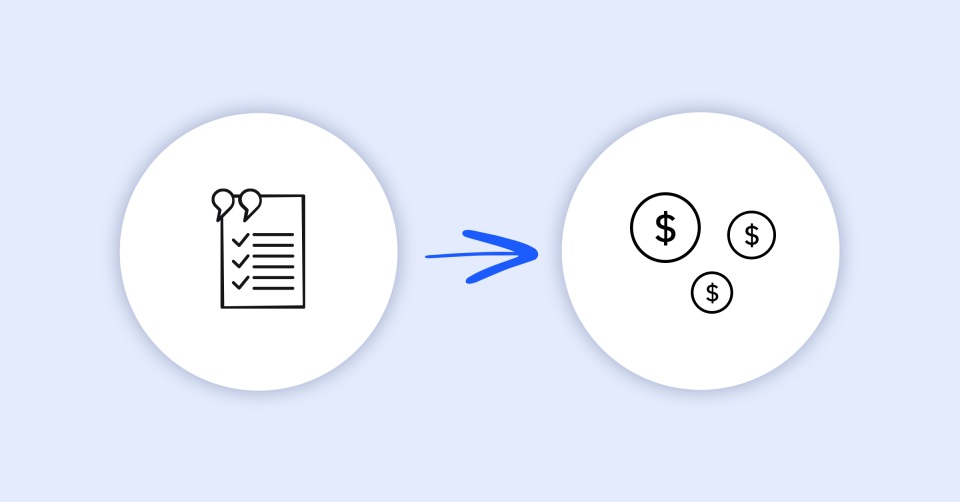Are you struggling with your sales performance? Do you find it challenging to close deals and meet your quota?
One way to improve your sales results is by optimizing your quoting process. This may seem like a small aspect of your overall sales strategy, but it can significantly impact your success.
Here are some tips on how to leverage your quoting process for better sales performance:
Analyze Your Current Process
The first step in improving any process is to understand where you currently stand. Take a close look at your current quoting process and identify areas that need improvement. This could be anything from the tools you use to the time it takes to generate a quote. Once you have a clear picture of your current process, you can start making necessary changes. The key is to continuously analyze and improve your process to stay ahead of the competition.
Automate Where Possible
In today’s fast-paced business world, automation is key. Look for ways to streamline and automate parts of your quoting process. For example, instead of manually inputting customer information, use CPQ (Configure Price Quote) software to do it for you. This will not only save time but also reduce the chances of human error.
Many other aspects of the quoting process can also be automated, such as creating and sending quotes, tracking revisions, and managing approvals. By automating these tasks, you can free up more time to focus on selling.
Utilize Technology for Accuracy
Inaccurate quotes can lead to lost sales and damage to your credibility. By utilizing CPQ software, you can ensure that all quotes generated are accurate and consistent. The software uses standardized pricing rules and configurations, reducing the chances of errors or discrepancies.
Moreover, with advanced features like guided selling and product bundling, you can create more personalized and tailored quotes for each customer, increasing the chances of closing a deal.
Integrate with CRM
Another way to improve your quoting process is by integrating it with your CRM (Customer Relationship Management) system. This allows for seamless communication and data sharing between sales and other departments, such as marketing and finance. It also enables real-time tracking of quotes, making it easier to prioritize follow-ups and identify potential roadblocks in the sales process.
Train Your Sales Team
Even with the most efficient processes and technology, your sales team plays a crucial role in driving success. Make sure they understand the importance of the quoting process and how it can impact their performance. Provide training on using CPQ software and best practices for creating quotes that resonate with customers.
Moreover, encourage regular feedback from your sales team on the quoting process. They are the ones using it daily, and their insights can help identify areas for improvement.
Monitor and Adapt
Lastly, it’s essential to regularly monitor your quoting process and make necessary adjustments. Keep an eye on key metrics like quote-to-close ratio, average quote turnaround time, and accuracy of quotes. Based on these results, adapt your process to ensure continuous improvement. The market and customer needs are constantly changing, and your quoting process should adapt accordingly.
In conclusion, the quoting process may seem like a small aspect of sales, but when optimized correctly, it can have a significant impact on your performance. By analyzing and automating where possible, utilizing technology for accuracy, integrating with CRM, training your team, and monitoring and adapting continuously, you can leverage your quoting process for better sales performance.
So, don’t overlook this crucial aspect of your sales strategy. Start implementing these tips today and watch your sales results soar!
Do you have any other tips for improving the quoting process? Share them in the comments below.

